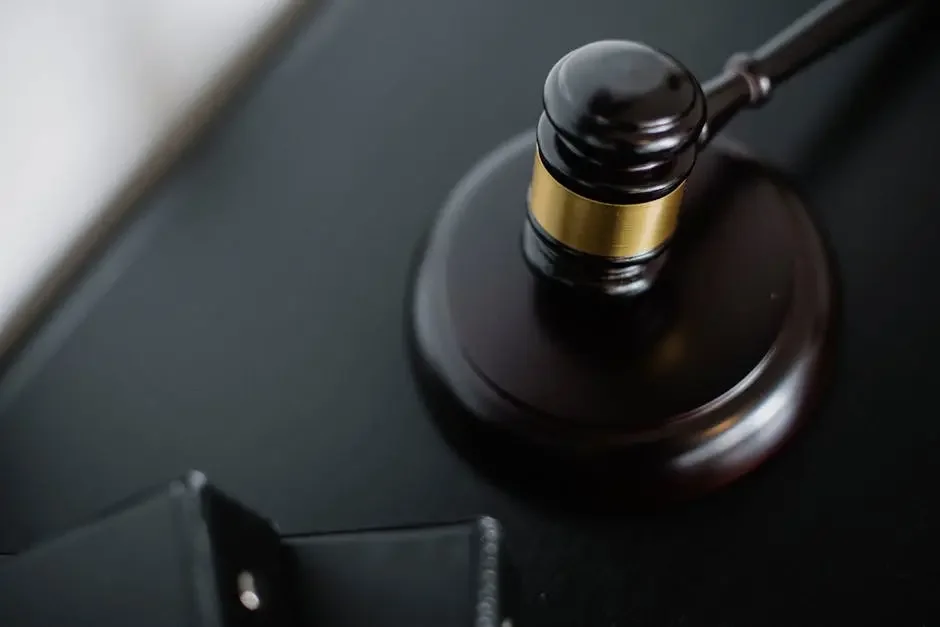Is Collateral Always Needed for Bail in South Florida?
Navigating the bail process can be a daunting task, especially when unfamiliar terms like collateral come into play. For those arrested in South Florida or who have loved ones facing bail, understanding whether collateral is always necessary can provide some peace of mind. In this FAQ, we break down the essentials of collateral in the bail system, offering clarity and guidance.
What is Bail and How Does it Work?
Bail is a set amount of money that acts as insurance between the court and the person in jail. It ensures that the defendant will return for their court date after being released. In South Florida, the bail process is designed to assure the court that the defendant will appear without keeping them in custody unnecessarily.
To better understand, when someone is arrested, they may be given the option to pay bail, allowing them to avoid remaining in jail until their court date. The court holds the bail amount as a guarantee. Should the defendant attend all required court dates, the bail is returned, otherwise, it is forfeited.
Defining Collateral in Bail Terms
Collateral is an asset or property that is offered to secure a bail bond. In cases where a bond is required to release someone from jail, collateral serves as a secondary form of assurance that the defendant will adhere to the terms of their release.
Items such as real estate, vehicles, and valuable jewelry can be used as collateral. This ensures the bail bond company that they have a form of compensation if the defendant fails to comply with court appearances or other conditions of the bail.
When is Collateral Required for Bail?
Collateral is typically required when a bail bond amount is substantial or when the bondsman perceives a higher risk in guaranteeing the defendant’s return to court. However, not all cases require collateral, and its necessity can vary greatly depending on the specifics of the situation.
For instance, a defendant with significant ties to the community and a stable job may not need to offer collateral, as they present a lower flight risk. On the other hand, those with prior offenses or unstable living conditions may be asked to provide significant security.
Alternatives to Using Collateral
In many cases, defendants or their families may opt for other ways to meet bail requirements without collateral. These include using a co-signer, negotiating payment plans, or working with a bondsman who offers more flexible terms. Understanding these options can be crucial when collateral is not feasible or desirable.
Using a co-signer is a common alternative. A co-signer assumes financial responsibility if the defendant fails to follow court requirements. Payment plans can also ease the financial burden, dividing the bail amount into manageable installments over a set period.
Consulting with a Bail Bondsman
Seeking advice from a trusted bail bondsman can provide clarity on whether collateral is needed and what options are available. A bondsman can assess the specifics of the case and offer personalized solutions tailored to the defendant’s circumstances.
For those seeking a smoother experience, our team at Blandon Bail Bonds is available to assist. We can guide you through the process, ensuring you understand every step, and help you identify the best course of action for your specific situation.
Wrapping Up: Understanding Collateral in the Bail Process
The necessity of collateral in the bail process in South Florida largely depends on individual circumstances and the specifics of the bail agreement. While it's not always required, understanding when it might be necessary and being prepared can ease the stress of navigating the legal system. Always consult with a reliable bail bondsman or legal advisor for the most accurate guidance in your situation. To learn more about bail options, visit our homepage.

